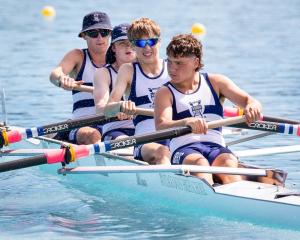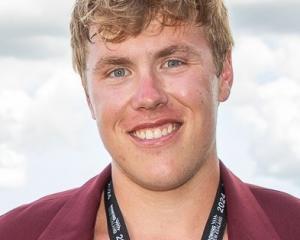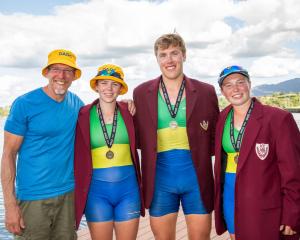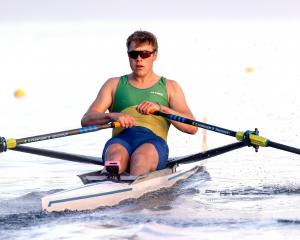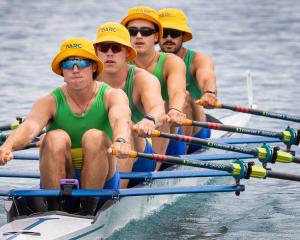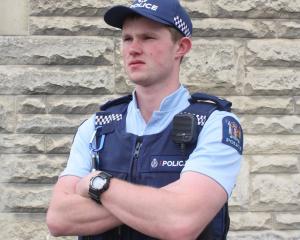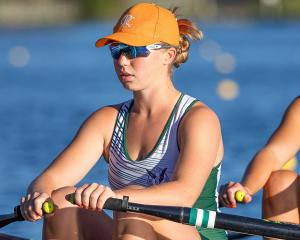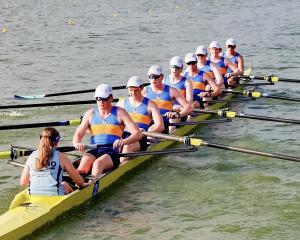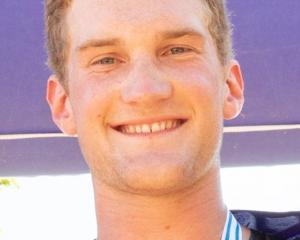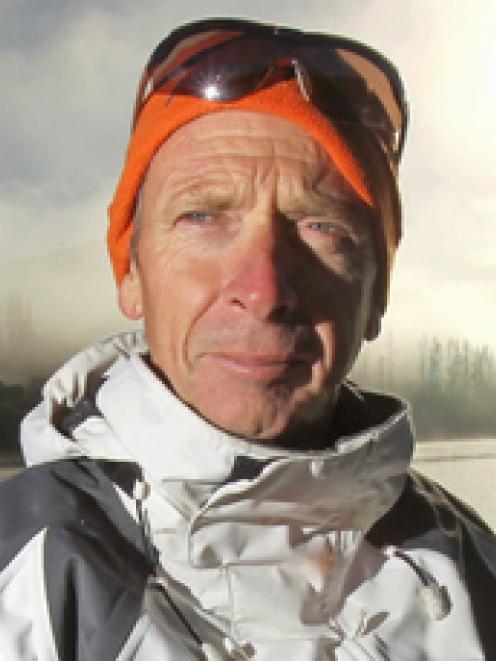
The 61-year-old Tonks says he volunteered to make the move to alleviate some responsibility associated with leading the overall programme. Another head coach will not be sought.
High performance manager Alan Cotter is expected to take up some of the administrative slack to co-ordinate the coaching team. Tonks will remain a selector.
The decision leaves Olympic champions Eric Murray, Hamish Bond and possibly Mahe Drysdale (on his return from a sabbatical) without a full-time coach. No ill-will is believed to exist between the parties. They're expected to liaise with Tonks for tips on a casual basis.
RNZ is aiming to appoint a new men's sweep oar coach by the end of the month. The Herald on Sunday understands a number of internal candidates have applied, while names such as Noel Donaldson (coach of Australia's 1992 and 1996 Olympic champion Awesome Foursome coxless four) and Mike Spracklen (coach of the Canadian gold medal-winning eight at Beijing) have been floated as potential candidates for the high profile role.
Bond and Murray, who took home the 2012 Halberg supreme award on Thursday, will come under the successful candidate's watch.
"I have no complaints," Tonks said. "It just seemed like a natural thing to do. I'm quite happy to work solely with the women. We want to get a boat in every class for Rio and hopefully we'll even have an eight in there this year."
Tonks has personally overseen five Games gold medals and helped pick other medallists as a selector.
Since being employed full-time by RNZ in 1999, his charges have picked up a gold medal at every Olympics. He has made household names of Rob Waddell, Caroline and Georgina Evers-Swindell, Drysdale, Bond and Murray.
Tonks' methods are beyond dispute. Perhaps the most telling statistic is the 45 Olympic or world championship medals (23 gold, eight silver, 14 bronze) New Zealand rowers have won since the 2004 Athens Games.
He won yet another Halberg award on Thursday night, as the coach of the year. Tonks was not there, choosing to remain close to the training facilities where rowers were scheduled early next morning.
Still, among the rowers honoured at the Halbergs, including Bond and Murray and Drysdale, was the strange feeling they will not be under Tonks' direction this time.
Murray said Tonks has made his position clear: "We don't know who our coach will be, we're just working within the wider group. Over the next few weeks Rowing New Zealand will probably discuss who might be a good coach for us."
RNZ chief executive Simon Peterson says to retain Tonks they were prepared to accommodate most requests.
"Dick suggested he was keen to focus on the women's programme because he didn't believe being head coach was a long-term option. It was an amicable discussion. We're just happy to have him for another Olympic cycle."
Calvin Ferguson - the coach of Olympic champion double scullers Joseph Sullivan and Nathan Cohen and lightweight bronze medallists Peter Taylor and Storm Uru - will lead the men's sculling programme.
Meanwhile, women's single sculler Emma Twigg wants to join Olympic bronze medallist Rebecca Scown in the women's pair following Juliette Haigh's retirement.
Twigg says she has technical work to do but is determined to persevere. She joined the New Zealand elite programme in the women's sweep oar eight as a 19-year-old in 2006.
"To not get a medal in London was a heartbreaker for me," Twigg said. "I'm committed to racing internationally but it's been great to have had a mental break away from Lake Karapiro."
Lightweight men's double sculler Peter Taylor has switched to the sweep oar programme in a summer squad which includes James Lassche, Curtis Rapley, Armin Svoboda and Alistair Bond. It is a one-season experiment for Taylor while his London Games partner Uru studies for a year at Cambridge University. This year's first World Cup is in Sydney from March 22-24.
- Andrew Alderson


